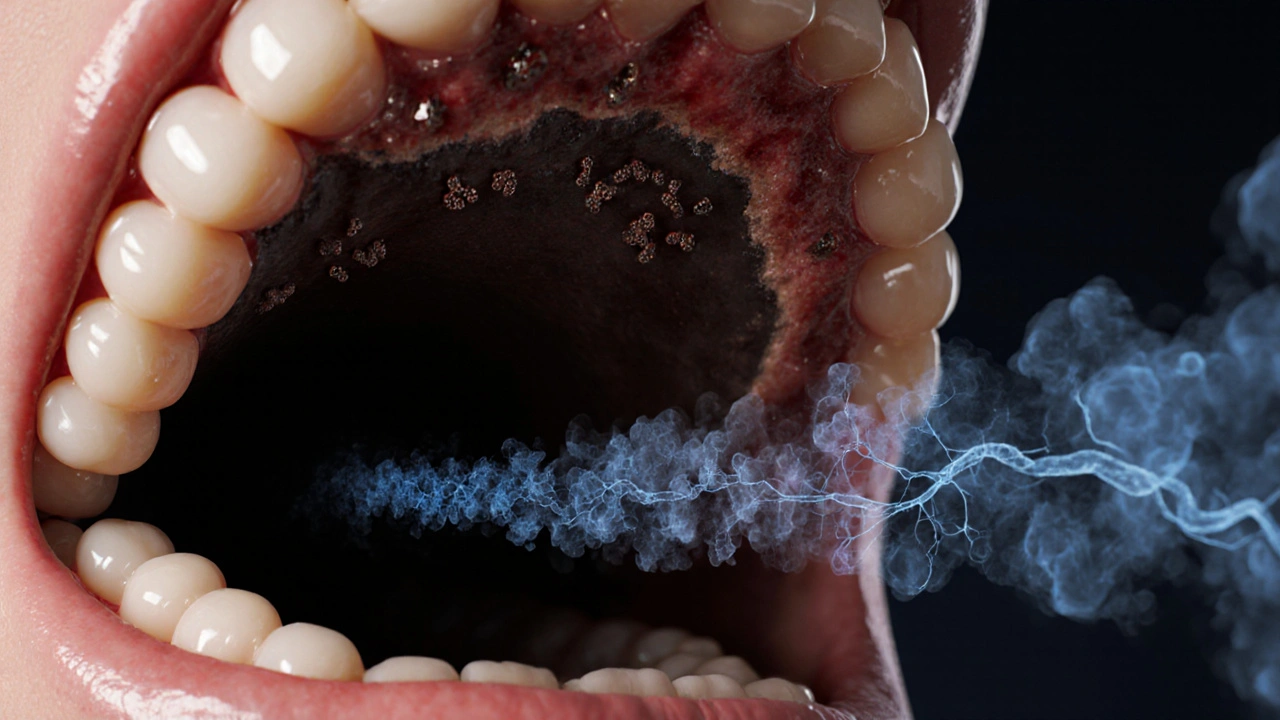Oral Hygiene: Why It Matters for Your Health
When talking about oral hygiene, the routine of cleaning your mouth to prevent disease and keep teeth functional. Also known as mouth care, it influences everything from fresh breath to heart health. Good oral hygiene isn’t just about a bright smile; it’s a daily defense against plaque, gum inflammation, and even systemic infections. Think of it as a simple, low‑cost insurance policy you renew every morning and night.
Key Practices and Their Impact
Effective toothbrush, a tool with bristles designed to remove dental plaque use sets the stage for a clean mouth. Pair that with dental floss, a thin filament that reaches between teeth where a brush can’t to dislodge hidden food particles, and you dramatically cut the risk of cavities. Adding mouthwash, an antimicrobial rinse that reduces bacterial load after brushing and flossing provides an extra layer of protection, especially for people prone to gum bleeding. When these habits are ignored, periodontal disease, a chronic inflammation of the gums that can lead to tooth loss can develop, and research shows it may also raise the odds of heart disease, diabetes complications, and poor pregnancy outcomes. In short, oral hygiene encompasses brushing, flossing, and rinsing; each practice reinforces the others and together they keep the mouth’s ecosystem balanced.
Below you’ll find a curated collection of articles that dive deeper into these topics and related health issues. Whether you’re looking for the latest on effective toothpaste formulas, tips for choosing a soft‑bristle brush, or how certain medications can affect your gums, the posts ahead give practical, science‑backed advice you can apply right away. Let’s explore the tools, techniques, and science that make daily mouth care a cornerstone of overall well‑being.
Why Proper Oral Hygiene Is Key to Preventing Lung Inflammation
Learn how proper oral hygiene helps prevent lung inflammation, the science behind it, and practical steps to protect your respiratory health.






